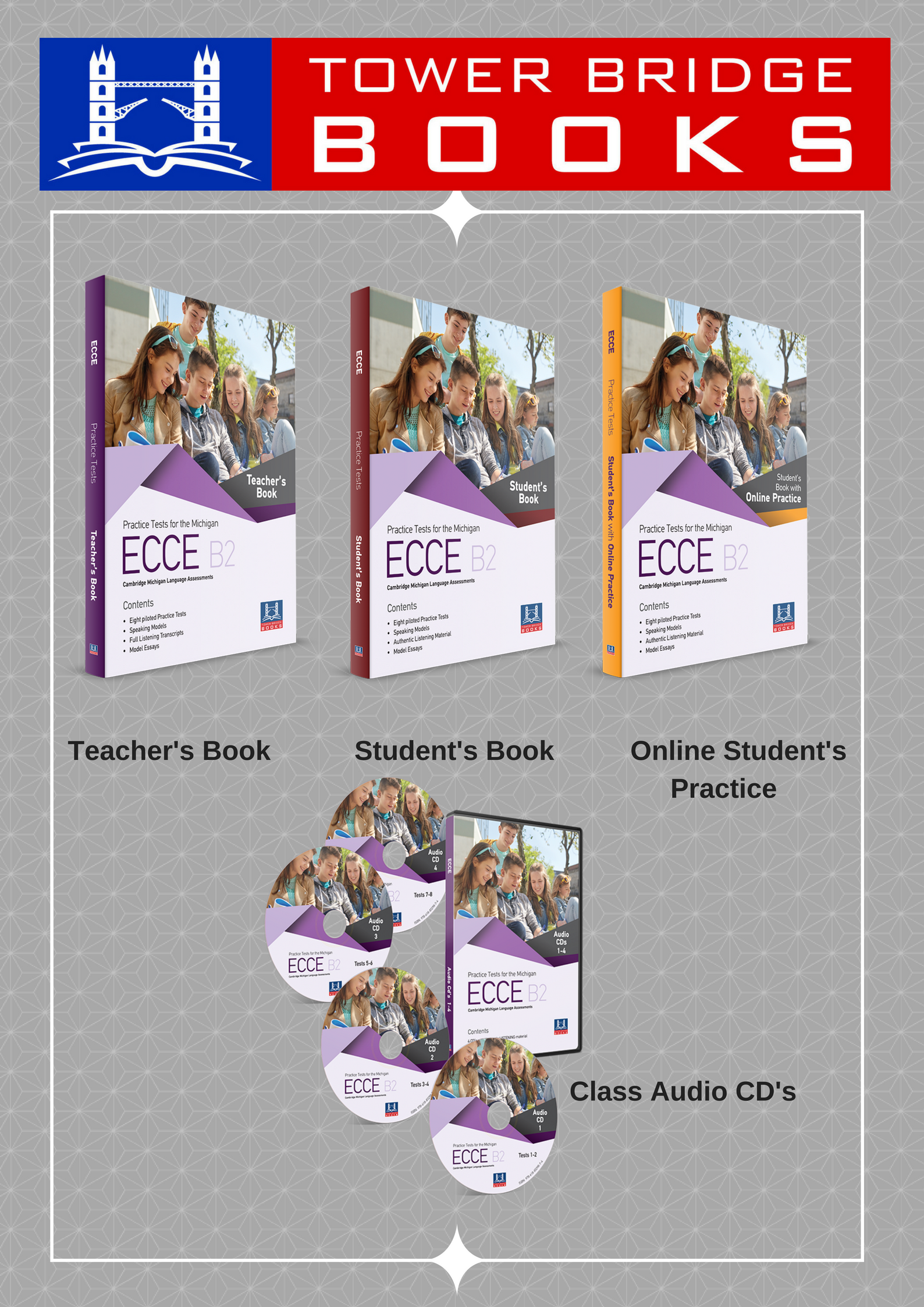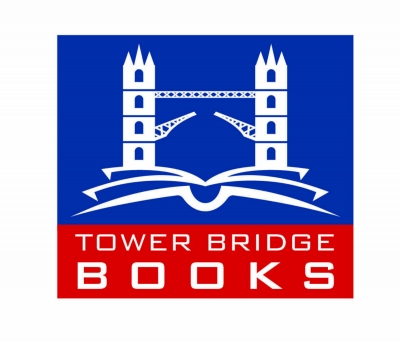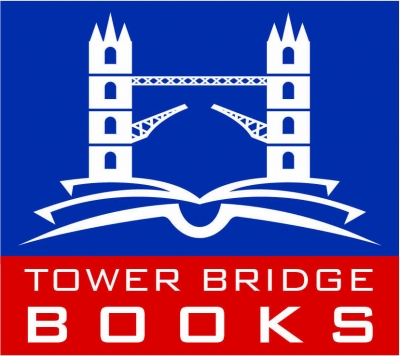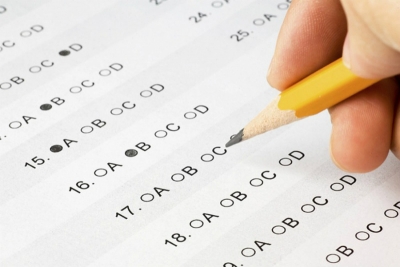ΕΚΠΑΙΔΕΥΤΙΚΑ ΝΕΑ
Tips on ECCE Writing
Tips on ECCE Writing
This article is one of a series of articles on features of Tower Bridge Books, specifically on preparation for the ECCE.
Writing comprises two tasks. Task 1 is a letter, and Task 2 is an essay. There is also provided an extract from a magazine or newspaper regarding a certain social issue or problem. Students are invited to read the extract, and produce either a letter (formal or informal) or an essay. Students only have 30 minutes to complete the task.
In order for students to improve their writing skills, teachers should provide extra material (magazine and newspaper clippings), which students can read in class, underlining key words and expressions. Thus, the latter are enabled to get exposed to authentic language used in real situations. Of course, a discussion can ensue about the topic at hand, whereby students are encouraged to use the topic vocabulary they have come across in the article they have read, and adduce the arguments or examples provided in it. In this way, they are presented with the inner structure of an essay (linking words/phrases and other rhetoric markers).

To this end, students are assigned to write small paragraphs, expressing their own views on a certain topic. At this stage, they do not have to produce the entire essay. Only two or three paragraphs are enough to get them off the ground. In doing so, with the help of teachers, they can acquaint themselves with the register of formal and informal letters, as well as their layout (ways to start and end a formal/informal letter). Pertaining to the essay, they can become more aware of the opinion type, where they express their own views by using sound argumentation.
Another activity for students to master different writing genres is by finding sample essays or letters, making puzzles by cutting the paragraphs, and jumbling them up, in order to master the register of these two types. Students can glue them in their notebooks, and keep them as samples.
This is the rationale behind our book. The level of the vocabulary and expressions found throughout the eight tests is slightly higher than that expected in the exam, with a wide variety of topics covered. Students are exposed to the necessary topic vocabulary and structure of both writing types, so as to tackle the writing section with confidence. Sample Essays and Letters are provided to give more ideas of the layout, vocabulary, and register required to excel in the exam.
Last but not least, just like all of our books, ECCE has an online version, which helps every student practise their Writing skills at home by saving time in the classroom. Students may either type their essay or letter online, which is excellent practice for those students who would like to improve computer-based skills, whereby the teacher will be able to correct the essay and/or letter online, and grade it for the student to see online. Sample Essays and Letters are provided here after they have been written, so that the student may compare his or her own work to a model. It is the perfect way to practise writing and computer skills.
Success…it’s all about making a difference!
Dimitris Thanasoulas
Ellen Roberts
The History of the 4th of July - Independence Day
On July 4, 1776, the thirteen colonies claimed their independence from England, an event which eventually led to the formation of the United States. Each year on July 4th, also known as Independence Day, Americans celebrate this historic event.
Tips on FCE for Schools Writing
This article is one of a series of articles on features of Tower Bridge Books, specifically on preparation for the FCE First for Schools.
In order for students to excel in the Writing section of FCE for Schools, exposure to vocabulary is of utmost importance, providing students with a plethora of articles on a wide array of topics on an everyday basis.
The Growing Achievement Gap
Income inequality is exacerbating the gap between rich and poor school children.
KIDS ARRIVE AT SCHOOL with large achievement gaps between rich and poor, and that achievement gap grows over the summer.
Are Schools Measuring the Progress of English-Language Learners All Wrong?
A new study suggests that the education system’s focus on the test scores of English-language learners may be obscuring the progress schools have made.

















